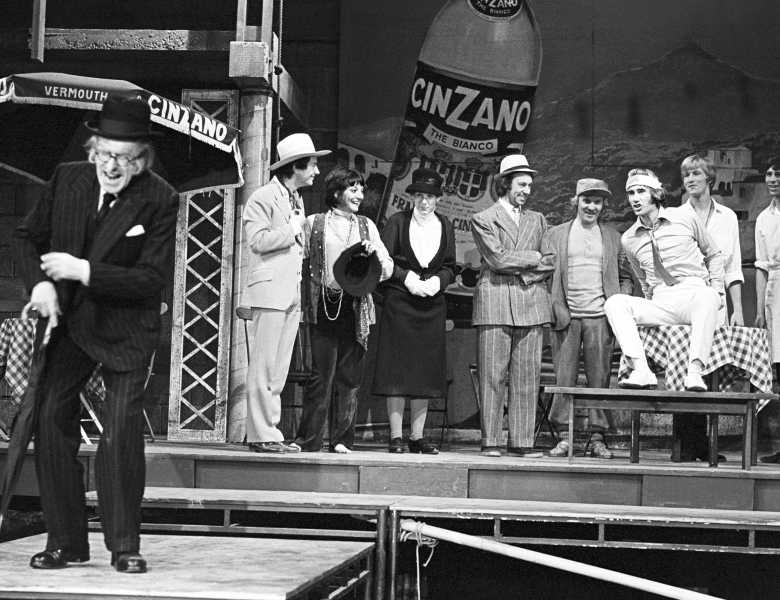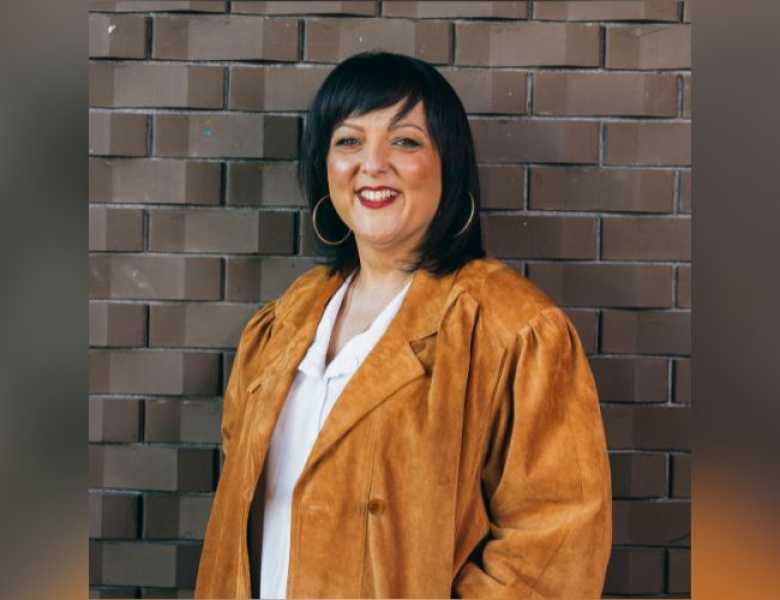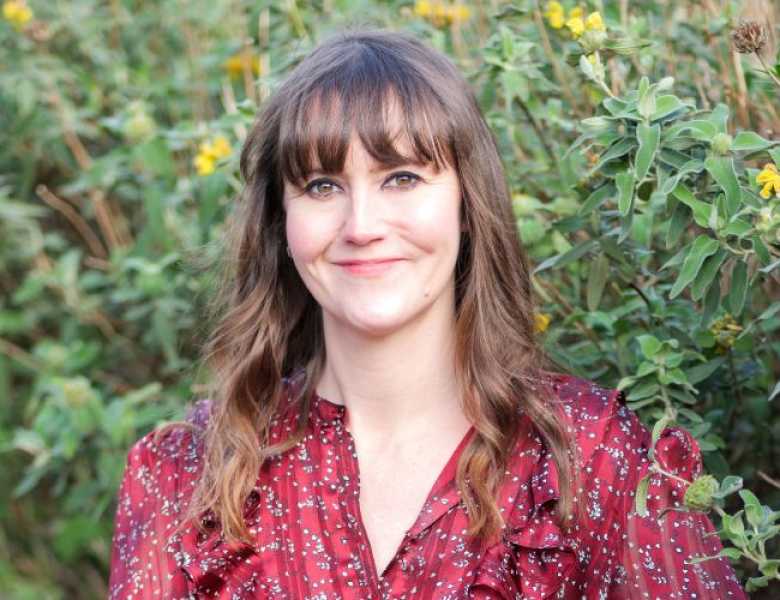Box Office
- CALL: 020 7922 2922
- EMAIL: boxoffice@youngvic.org
Visit us
Young Vic, 66 The Cut, Waterloo
London , SE1 8LZ
Newsletter Sign up
Sign Up Today
Mary Seacole
(Kingston, Jamaica, 1805 – London, 1881)
Mary Seacole's eventful life and her contributions to nursing make her one of the 19th century's most remarkable women – even if her story had been largely ignored for more than a century. Voted the Greatest Black Briton in 2004, she combined a lifelong devotion to caring for the sick with extraordinary entrepreneurship.
Born in Jamaica in 1805, Mary Seacole was the daughter of a Doctress, a healer skilled in Caribbean and African medicine and herbal treatments. By the time she was 12, Seacole was helping run her mother's boarding house where many of the guests were injured or sick soldiers. Combining traditional medical knowledge with a contemporary education, Seacole was highly respected in Kingston's society for her nursing skill, as well as among troops in Jamaica and later in The Bahamas, Cuba and Haiti. But in a few short years, Seacole lost the boarding house in a fire, her mother, and her husband (after a marriage so short-lived she devoted only nine lines to it in her autobiography). Seacole then devoted her life to her work.
She travelled to Central America to treat the sick in the cholera epidemic of the 1850s, even after contracting the disease herself. She provided meals and care for the sick through what she dubbed The British Hotel in Panama, where the rich paid but the poor received treatment for free.
When the Crimean War broke out between Russia and Britain, Seacole travelled to London to offer her services as a nurse. The army badly needed skilled medical personnel, as disease ravaged through the troops gathered on the peninsula. However, both the British War Office and Florence Nightingale, tasked with coordinating nursing efforts, rejected her services. In her autobiography, Seacole reflects on this and on other barriers in light of the racial attitudes of the time.
Undeterred, Seacole travelled to Crimea by her own means and, using materials she salvaged from destroyed buildings, built a British Hotel close to the front line. There, she employed black cooks to serve meals to the troops, provided respite to the sick, and ran a thriving trading post. Seacole proved vital for both medical assistance and morale, dutifully showing up at the battlefields to nurse the wounded.
When the war ended, Seacole was one of the last to leave Crimea; her self-financed venture saw her return to Britain much poorer than she left it. Her many supporters, including members of the royal family and high-ranking military staff, raised money for her and her work; one such fund-raising event saw a four-day festival attract tens of thousands of people. Her bestselling book Wonderful Adventures of Mrs. Seacole in Many Lands was the first autobiography published by a black woman in Britain.
Mary Seacole died in 1881; over the course of the 20th century, her contributions were consistently downplayed in favour of those by white contemporaries, to the point where she was almost forgotten. Towards the 2000s, this began to change, and she was finally included in the national curriculum in 2007.
Listen
Image: Portrait of Mary Seacole courtesy of Winchester College and the Mary Seacole Trust


